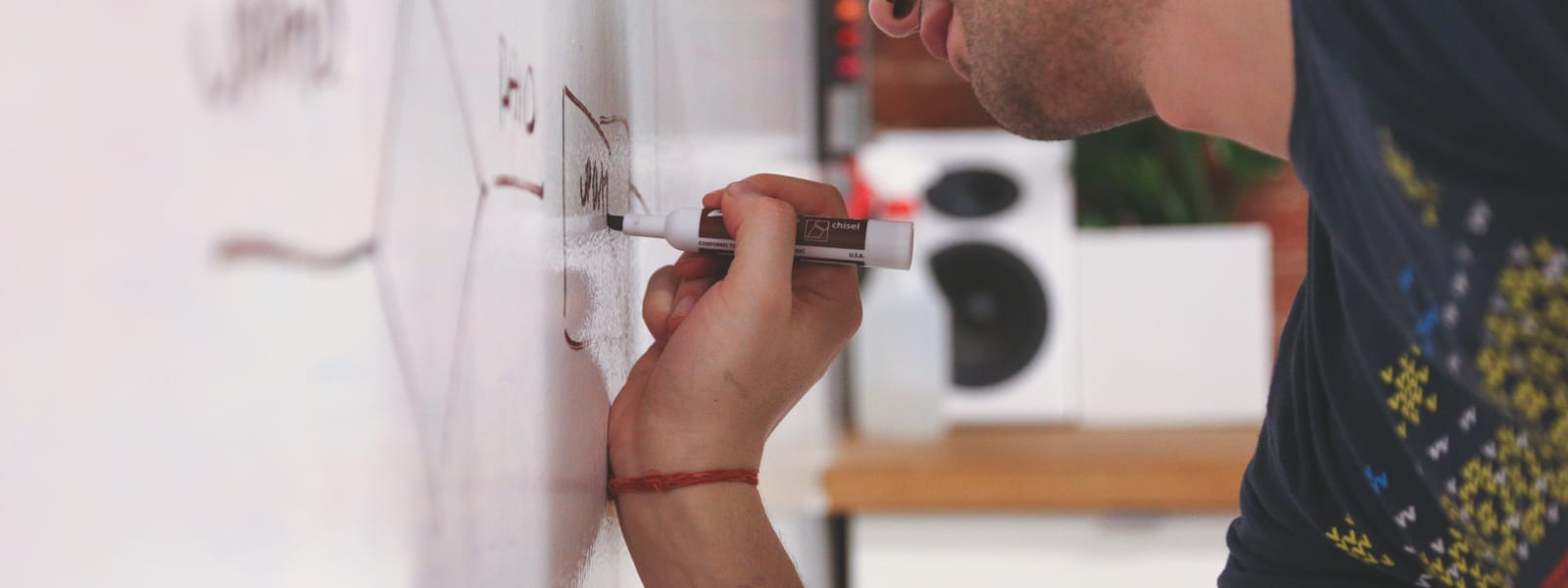This Houston startup just won $50 million from Elon Musk’s XPrize for Carbon Removal
When Elon Musk’s foundation sponsored the $100 million XPrize for Carbon Removal—a four-year-long competition to find credible ways to eventually remove a billion tons of CO2—Musk might have expected that a shiny new gadget would win. But the winner of the $50 million grand prize is low tech: spreading rock dust on small, low-income farms in India, Zambia, and Tanzania. The winning startup, called Mati Carbon, is one of a small group of companies using “enhanced rock weathering” to capture CO2 from the air. “We’re trying to speed up something that happens naturally,” says Jake Jordan, the startup’s chief science officer. When it rains, rocks slowly break down in a process that captures CO2 from the atmosphere and turns it into bicarbonate that can be stored for thousands of years. By crushing rocks and spreading them out on a field, that can happen much faster. For farmers, there’s a second benefit: The crushed rocks also release nutrients like calcium and magnesium that can make the soil healthier and increase crop yields. Mati Carbon’s Vishal Sharnaga (second from left), Jake Jordan, and Shubham Bhomle (fifth and sixth from left) with farmers Sarita, Deeneshwari, and Surendra Bisen [Photo: Mati Carbon] In India, for example, where the company works on rice paddies, smallholder farmers have seen 20%-plus yield increases from using the crushed rocks. The startup handles everything, sourcing rocks from local quarries and working with local crews to apply the product to fields. Farmers don’t have to pay anything. “We don’t want them to spend effort or money on this,” says founder Shantanu Agarwal. For a farming family that might have made $1,500 in a year, making an extra $300 from increased crop yields is a significant change. “This has created these massively powerful economic adoption drivers where we work,” says Jordan, who studied rock weathering after a postdoc at Yale. He previously worked with a similar startup called Lithos aimed at American farmers. He argues that farms in the U.S., where yields have already been optimized with fertilizer, have less incentive to use rock weathering. The world’s poorest farmers are more motivated, especially after they’ve seen evidence of how the approach can help. [Photo: Mati] The company is taking soil samples so it can track the CO2 capture in different regions. Then it will sell carbon credits. It’s a cheaper way to tackle the problem than direct air capture, which relies on energy-guzzling machines. And it can easily scale up. Mati, which is based in Houston, plans to franchise the model in different parts of the world. “We believe there are 100 million smallholder farmer families who can directly benefit in the short term from enhanced rock weathering’s increased income, and at the same time provide a no-land-use-change solution for gigaton carbon removal,” says Agarwal. Initially, Agarwal says, many people were skeptical that the model of working with smallholder farmers was viable. But the XPrize, which went through rounds of evaluation from a panel of expert judges—including a year of operations to prove the technology’s real-life performance—helped validate the startup’s approach, he says. Now, it will use the XPrize funds to scale up.
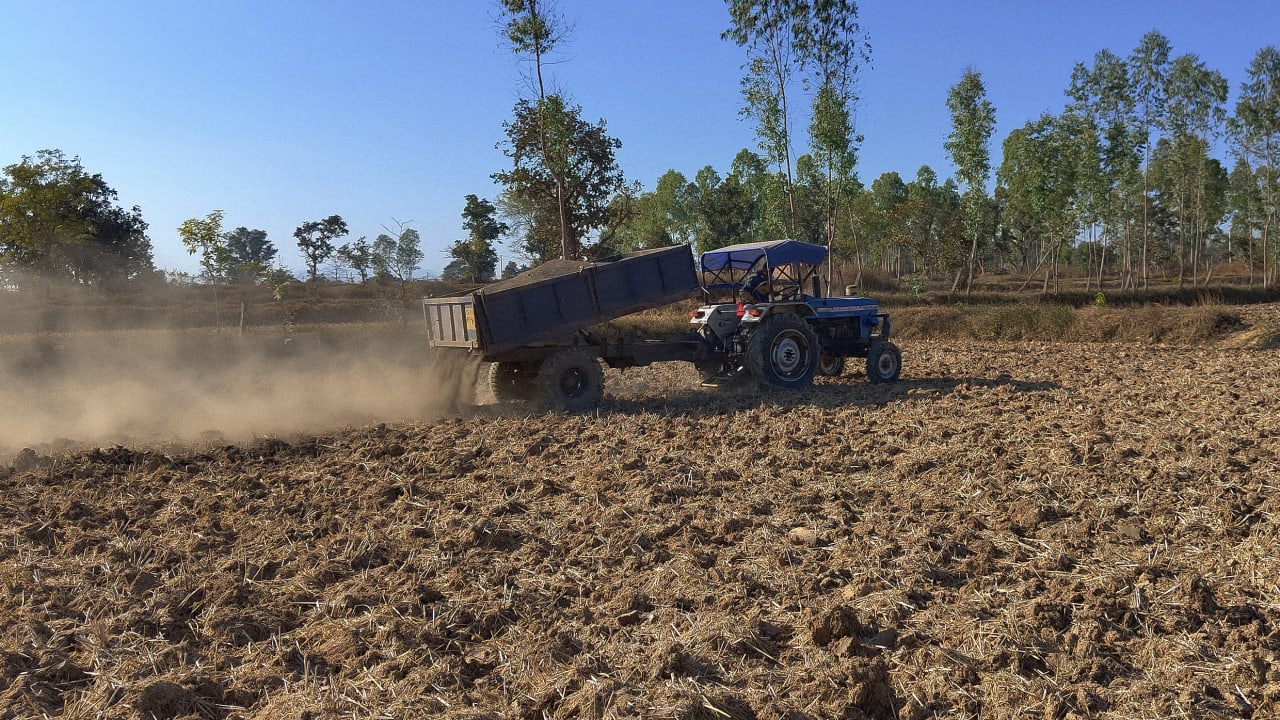
When Elon Musk’s foundation sponsored the $100 million XPrize for Carbon Removal—a four-year-long competition to find credible ways to eventually remove a billion tons of CO2—Musk might have expected that a shiny new gadget would win. But the winner of the $50 million grand prize is low tech: spreading rock dust on small, low-income farms in India, Zambia, and Tanzania.
The winning startup, called Mati Carbon, is one of a small group of companies using “enhanced rock weathering” to capture CO2 from the air. “We’re trying to speed up something that happens naturally,” says Jake Jordan, the startup’s chief science officer. When it rains, rocks slowly break down in a process that captures CO2 from the atmosphere and turns it into bicarbonate that can be stored for thousands of years. By crushing rocks and spreading them out on a field, that can happen much faster.
For farmers, there’s a second benefit: The crushed rocks also release nutrients like calcium and magnesium that can make the soil healthier and increase crop yields.
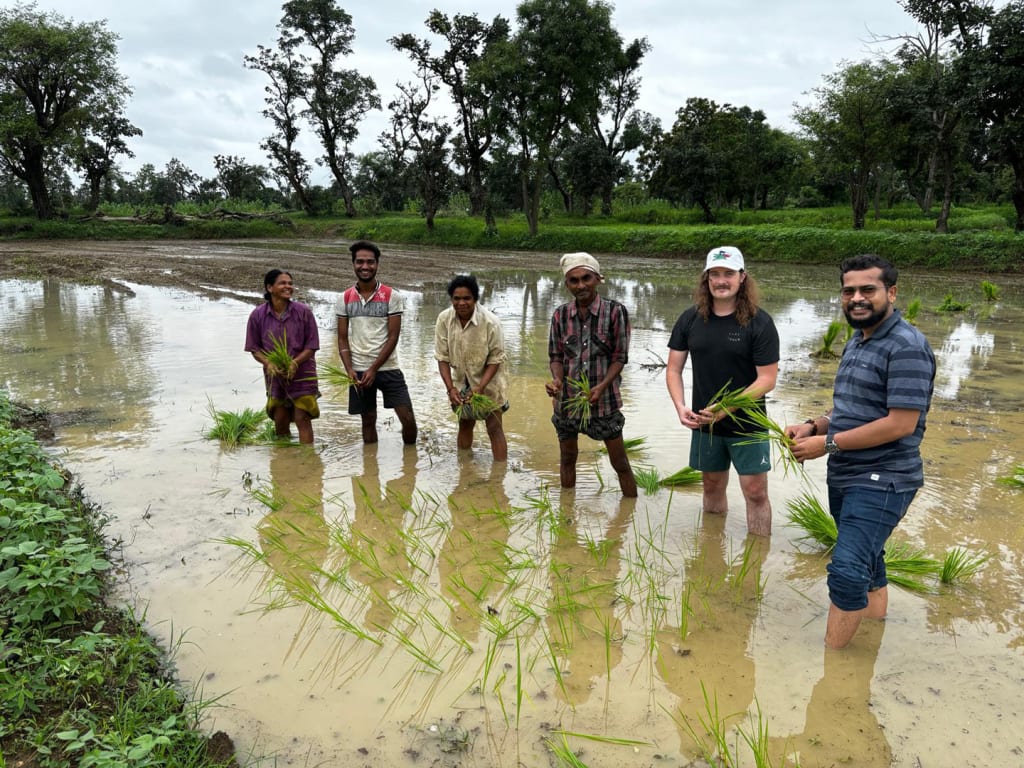
In India, for example, where the company works on rice paddies, smallholder farmers have seen 20%-plus yield increases from using the crushed rocks. The startup handles everything, sourcing rocks from local quarries and working with local crews to apply the product to fields. Farmers don’t have to pay anything. “We don’t want them to spend effort or money on this,” says founder Shantanu Agarwal.
For a farming family that might have made $1,500 in a year, making an extra $300 from increased crop yields is a significant change. “This has created these massively powerful economic adoption drivers where we work,” says Jordan, who studied rock weathering after a postdoc at Yale. He previously worked with a similar startup called Lithos aimed at American farmers. He argues that farms in the U.S., where yields have already been optimized with fertilizer, have less incentive to use rock weathering. The world’s poorest farmers are more motivated, especially after they’ve seen evidence of how the approach can help.
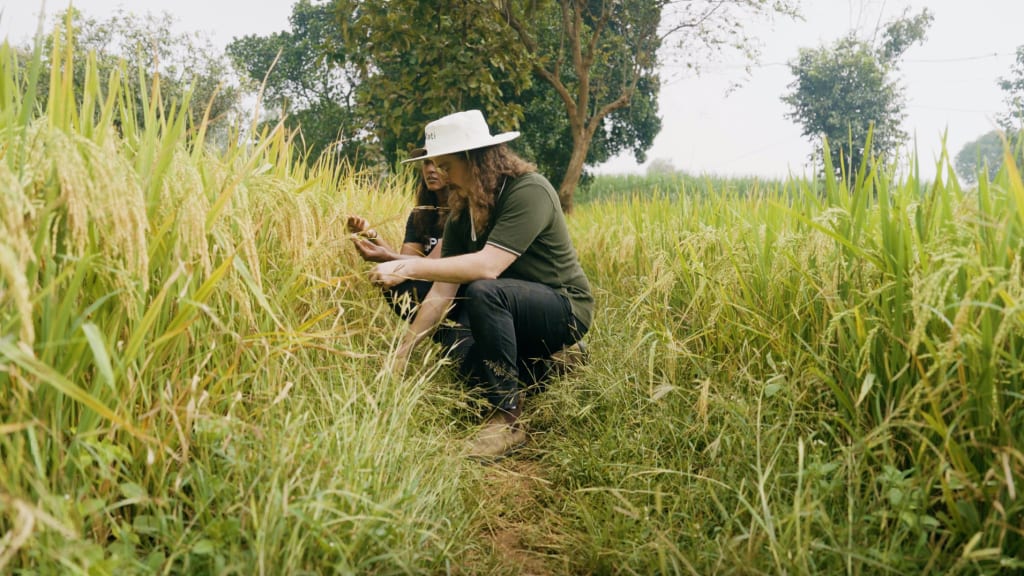
The company is taking soil samples so it can track the CO2 capture in different regions. Then it will sell carbon credits. It’s a cheaper way to tackle the problem than direct air capture, which relies on energy-guzzling machines. And it can easily scale up. Mati, which is based in Houston, plans to franchise the model in different parts of the world.
“We believe there are 100 million smallholder farmer families who can directly benefit in the short term from enhanced rock weathering’s increased income, and at the same time provide a no-land-use-change solution for gigaton carbon removal,” says Agarwal.
Initially, Agarwal says, many people were skeptical that the model of working with smallholder farmers was viable. But the XPrize, which went through rounds of evaluation from a panel of expert judges—including a year of operations to prove the technology’s real-life performance—helped validate the startup’s approach, he says. Now, it will use the XPrize funds to scale up.





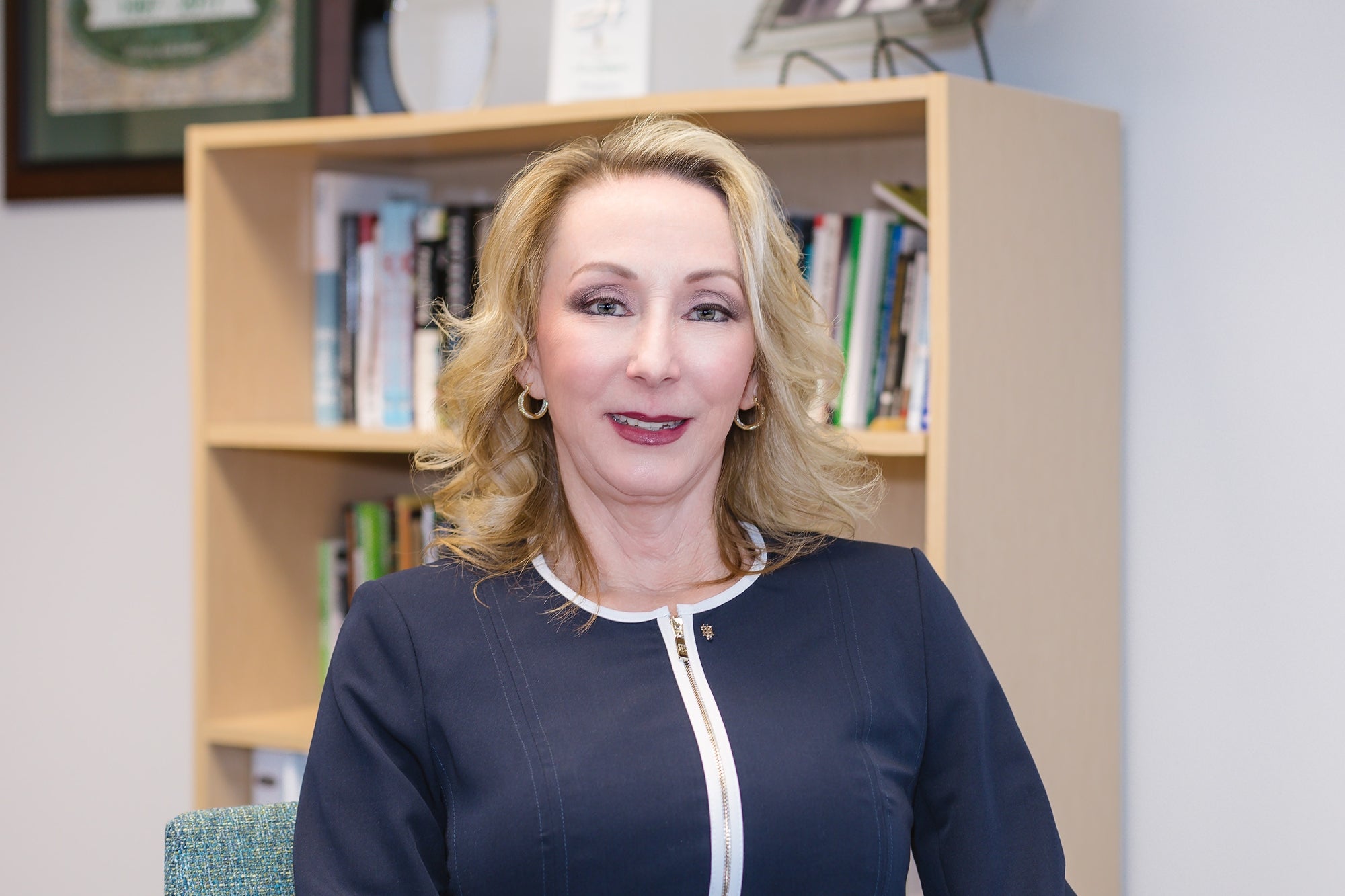

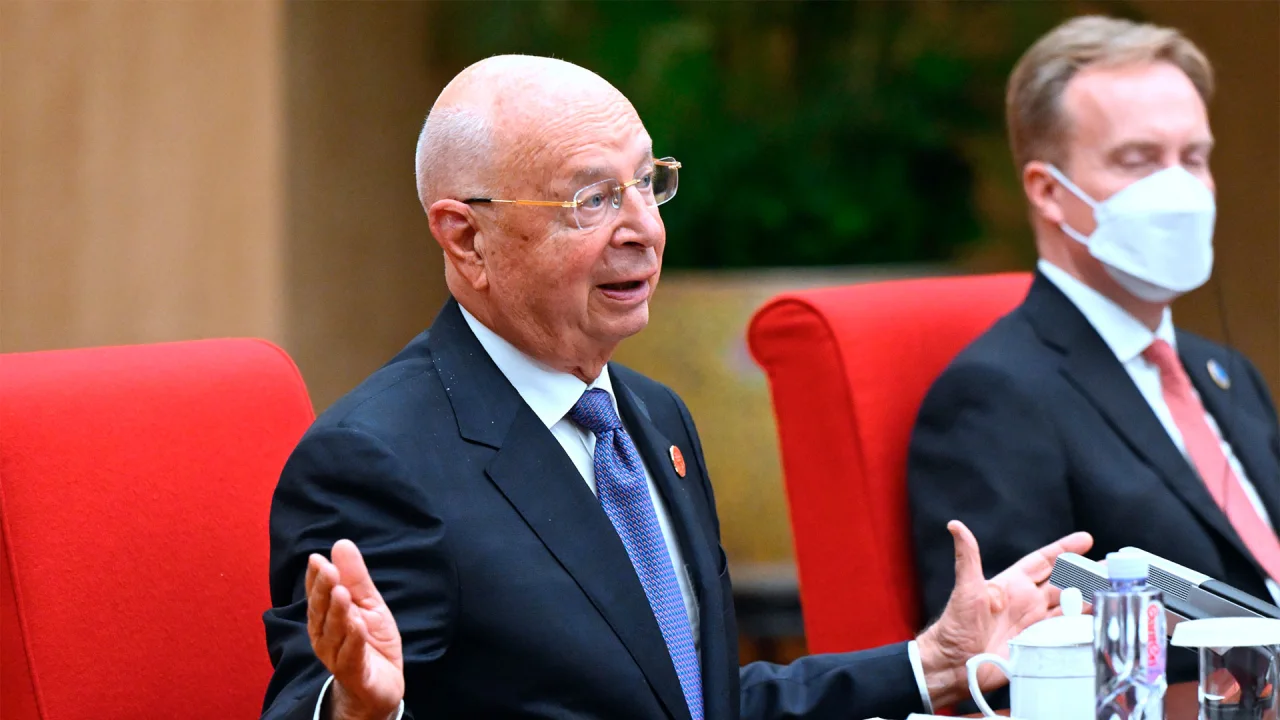

































































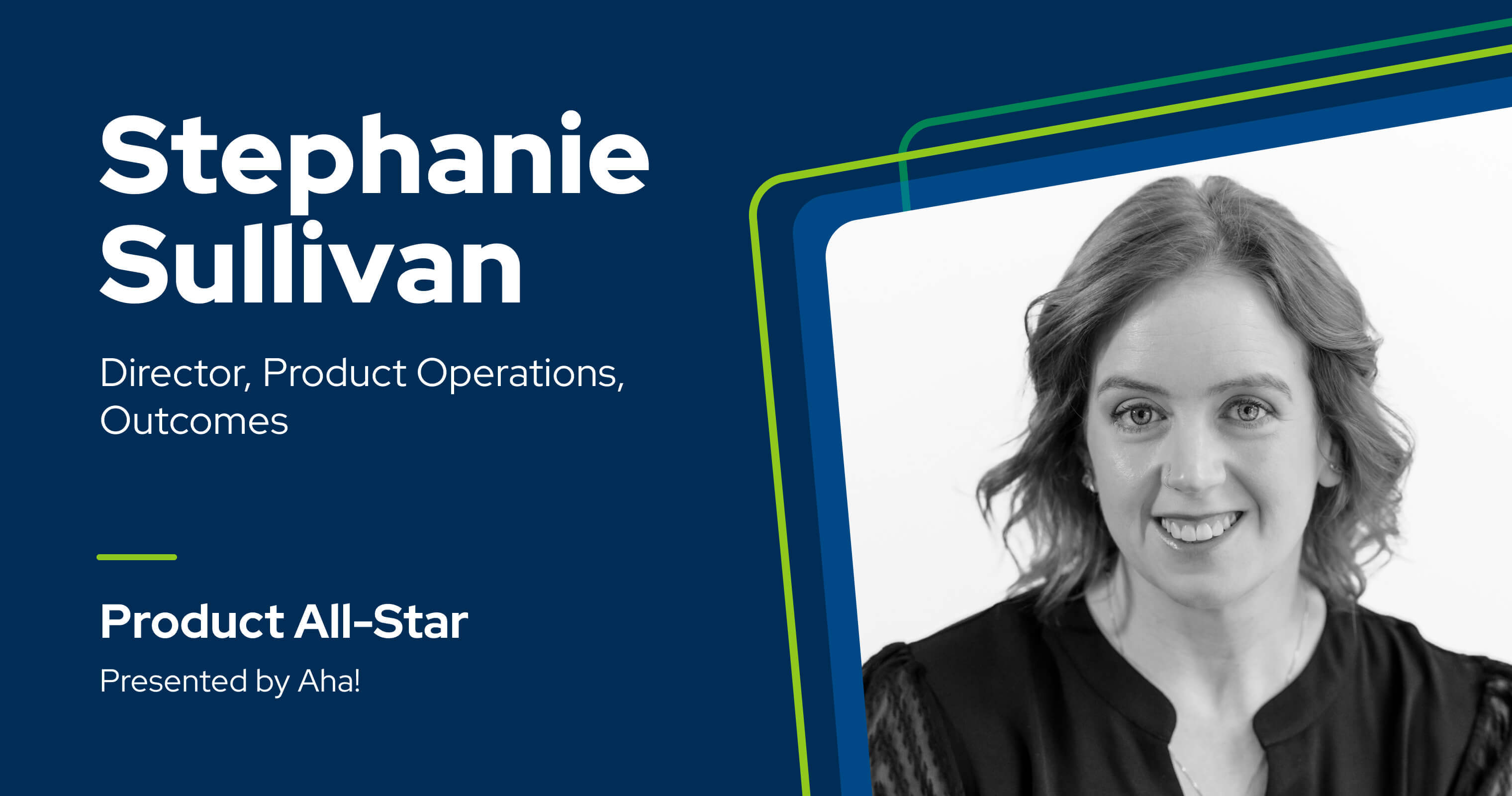
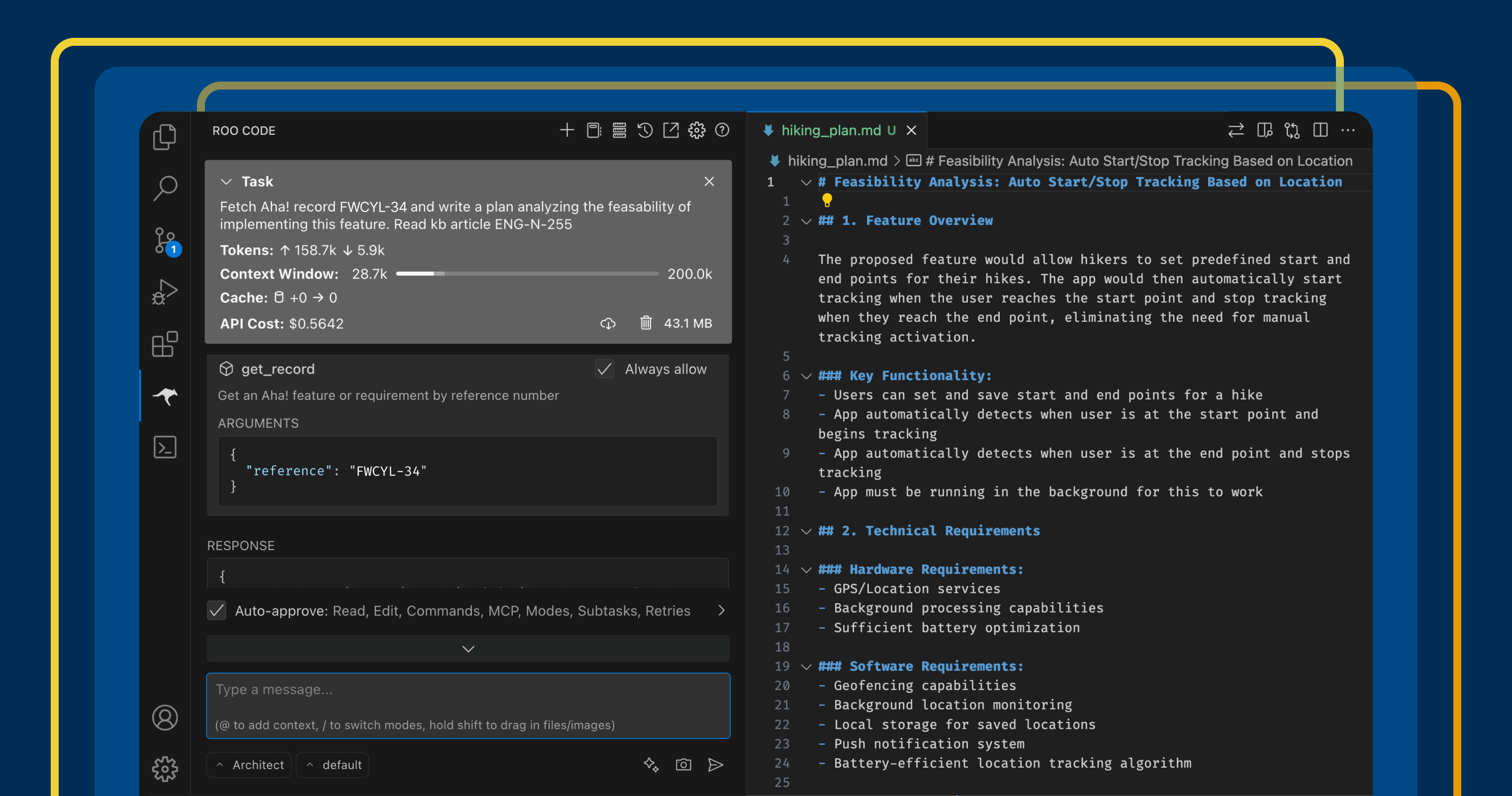






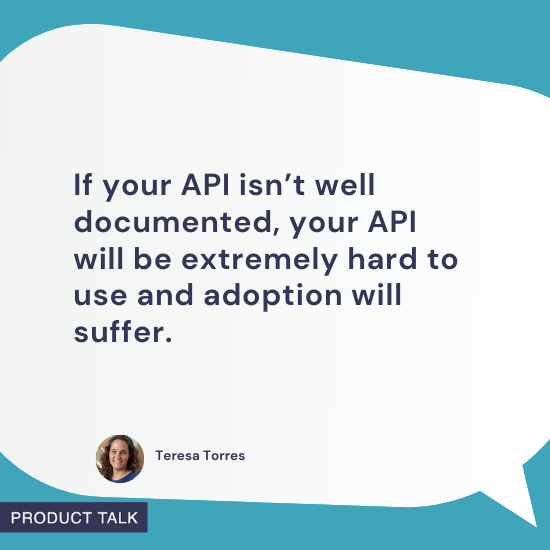


















![Building A Digital PR Strategy: 10 Essential Steps for Beginners [With Examples]](https://buzzsumo.com/wp-content/uploads/2023/09/Building-A-Digital-PR-Strategy-10-Essential-Steps-for-Beginners-With-Examples-bblog-masthead.jpg)





![How One Brand Solved the Marketing Attribution Puzzle [Video]](https://contentmarketinginstitute.com/wp-content/uploads/2025/03/marketing-attribution-model-600x338.png?#)



